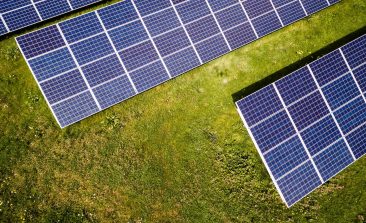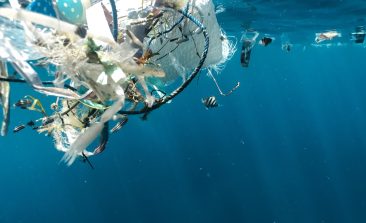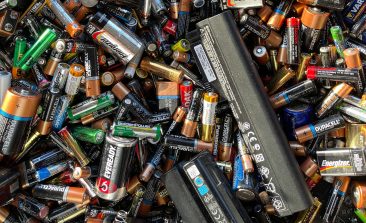Sustainable Building Revolution: This CO2 Heavyweight Needs a Rapid Transformation
The construction, heating, cooling and disposal of our buildings accounts for around 40 percent of Germany's CO2 emissions. How can the transformation succeed and what do sustainable digital solutions look like? This is the subject of our latest RESET Greenbook.
Report on the Price of Fossil Fuels Suggests a Rapid Transition to Renewables Can Result in Huge Savings
A study examining the historic prices of fossil fuels and renewable technologies suggests coal, oil and gas might not actually be as cheap as commonly thought.
RESET is Nominated For the German Sustainability Award 2024
RESET has been nominated for the German Sustainability Award 2024! Watch this space for updates about the November winners.
What’s the Carbon Footprint of Your Website?
Digital media is more eco-friendly than analogue, right? Um... not really! But there are things we can do to reduce the environmental impact of our online lives. The Website Carbon Calculator can work out the carbon footprint of any website - and gives you tips on how to make your own online presence more sustainable.
Biofuel Breakthrough? New Method Makes Algae Biofuel Quicker and Cheaper Than Ever Before
University of Utah chemical engineers have developed a new method of producing algae biofuel, making the whole process quicker, cheaper and more efficient.
Ghana’s Citizen Science Strategy to Track Plastic Pollution at Home and Abroad
Ghana's initiative to monitor and report marine plastic pollution using data generated by the public represents a milestone in citizen science.
German Sustainability Award 2023: RESET is Nominated!
The German Sustainability Award (DNP) rewards contributions that point the way to a sustainable future. We are pleased to be nominated with RESET.
How a New Battery Regulation Should Make Europe’s Batteries More Sustainable
A green future needs sustainable batteries. A new battery regulation in the EU should create better conditions for this in the future. But how does it work?
Cooling Homes Without A/C? Smart Windows Make it Possible
Climate-adaptive windows with a heat-repellent coating offer a means of cooling buildings without the need for additional energy consumption.








